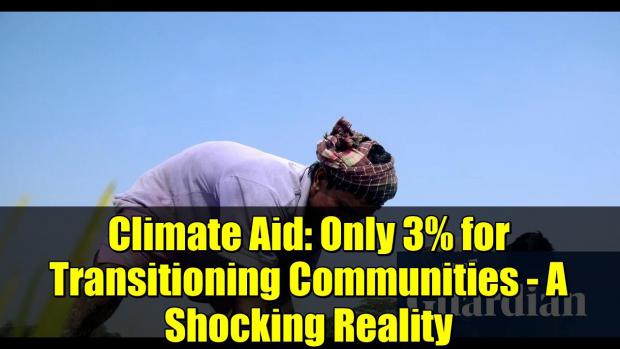
Breaking News
 Windows 10 is DEAD in 2025? -- Here's How I Run It SAFELY Forever (No Updates)
Windows 10 is DEAD in 2025? -- Here's How I Run It SAFELY Forever (No Updates)
 GENIUS ACT TRIGGERED: The Biggest BANK RUN in History is COMING – Prepare NOW
GENIUS ACT TRIGGERED: The Biggest BANK RUN in History is COMING – Prepare NOW
 European Billionaires Funneled $2 Billion into NGO Network to Fund Anti-Trump Protest Machine
European Billionaires Funneled $2 Billion into NGO Network to Fund Anti-Trump Protest Machine
 Japan Confirms Over 600,000 Citizens Killed by COVID mRNA 'Vaccines'
Japan Confirms Over 600,000 Citizens Killed by COVID mRNA 'Vaccines'
Top Tech News
 Japan just injected artificial blood into a human. No blood type needed. No refrigeration.
Japan just injected artificial blood into a human. No blood type needed. No refrigeration.
 The 6 Best LLM Tools To Run Models Locally
The 6 Best LLM Tools To Run Models Locally
 Testing My First Sodium-Ion Solar Battery
Testing My First Sodium-Ion Solar Battery
 A man once paralyzed from the waist down now stands on his own, not with machines or wires,...
A man once paralyzed from the waist down now stands on his own, not with machines or wires,...
 Review: Thumb-sized thermal camera turns your phone into a smart tool
Review: Thumb-sized thermal camera turns your phone into a smart tool
 Army To Bring Nuclear Microreactors To Its Bases By 2028
Army To Bring Nuclear Microreactors To Its Bases By 2028
 Nissan Says It's On Track For Solid-State Batteries That Double EV Range By 2028
Nissan Says It's On Track For Solid-State Batteries That Double EV Range By 2028
 Carbon based computers that run on iron
Carbon based computers that run on iron
 Russia flies strategic cruise missile propelled by a nuclear engine
Russia flies strategic cruise missile propelled by a nuclear engine
 100% Free AC & Heat from SOLAR! Airspool Mini Split AC from Santan Solar | Unboxing & Install
100% Free AC & Heat from SOLAR! Airspool Mini Split AC from Santan Solar | Unboxing & Install
Only 3% of international climate aid going to transitioning communities...

Less than 3% of international aid to slash carbon emissions is supporting a "just transition" for workers and communities away from polluting industries, according to a new report.
Released one week before the start of major United Nations climate negotiations in Belém, Brazil, the analysis from the climate and development non-profit ActionAid warns that the world's response to the climate crisis risks deepening inequality rather than addressing it.
It also reveals a "hidden reason that we've not seen climate action at scale", said Teresa Anderson, the organization's global climate justice lead.
"People are apparently being forced to choose between a safe job and a secure job and a safe planet," she said. "These projects aren't doing nearly enough to reassure people that they don't have to make that choice."
The report authors analyzed publicly available information on every approved carbon mitigation-focused project being financed by the world's two major multilateral climate funds: 178 from the UN-backed Green Climate Fund, and 466 from the Climate Investment Funds, which were established by the World Bank and regional development banks.
They then assessed the nearly 650 projects against a set of indicators, using a computer program that was then fact-checked by hand. Criteria included whether or not a project demonstrated meaningful participation from workers, women and affected communities; promoted systemic shifts away from fossil fuels and highly polluting industrial agriculture; incorporated plans for re-skilling or livelihood support; and addressed inequality.
"Basically, we tried to say, is this project genuinely just, in terms of its impact on workers, on women, communities, and then, does it genuinely help with a transition?" said Anderson.
Just one in 50 of the approved projects met the just-transition qualifications, the authors found – a "jaw-droppingly" low figure, they wrote.
Bert De Wel, global climate policy coordinator at the International Trade Union Confederation, who did not work on the report, said the data "confirms what workers and their unions are seeing in many places: climate finance is determined by the needs of the investors instead of the people affected by the emergency."



